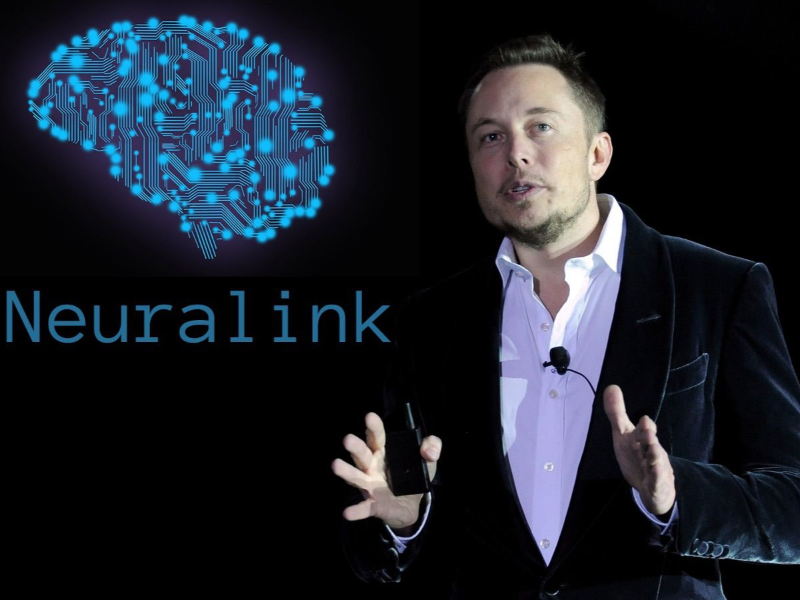- Neuralink has successfully implanted its brain-computer interface device in a second patient, enabling them to control digital devices through thought.
- The first patient, Noland Arbaugh, has achieved significant independence, surpassing his previous world record for cursor control using only 10 to 15 per cent of the electrodes.
OUR TAKE
Neuralink’s success with the second patient is a significant breakthrough, offering hope to those with spinal cord injuries. The technology’s potential to improve quality of life and independence is immense, and its wider applications in treating neurological conditions are promising. Clinical trials will be crucial for refining the technology and ensuring its safety and effectiveness.
–Vicky Wu, BTW reporter
What happened
Elon Musk, the founder of Neuralink, has confirmed that the company has successfully implanted its brain-computer interface (BCI) device in a second patient. The device is designed to enable paralysed individuals to control digital devices through thought alone. The second patient, like the first, has a spinal cord injury. Musk did not disclose specifics about the timing of the surgery but noted that 400 of the 1,024 electrodes on the implant are currently functioning. Neuralink plans to implant the device in eight more patients this year as part of its clinical trials.
The first patient Noland Arbaugh, who became paralysed in a diving accident, can play video games, browse the internet, and post on social media by using the device, significantly increasing his independence. Before receiving his Neuralink implant in January, Arbaugh used a stick in his mouth to tap a tablet screen. With the implant, he can now control a computer cursor with his thoughts. Despite initial issues with electrode retraction, Neuralink adjusted the algorithm to enhance sensitivity, restoring the implant’s function. Arbaugh has surpassed his previous world record for cursor control using only 10 to 15 per cent of the electrodes, as mentioned by Musk.
Also read: Ex-CNN anchor Don Lemon sues Elon Musk over canceled X deal
Also read: 5 states urge Musk to tackle AI chatbots spreading election misinformation
Why it’s important
Based in Fremont, California, Neuralink is among several organisations focused on connecting the nervous system to computers. It makes great efforts to assist in treating brain disorders, overcoming brain injuries, and other medical applications.
This milestone marks a significant step forward in Neuralink’s mission to help people with spinal cord injuries regain control over their lives. The successful implantation of the second patient validates the technology’s potential to improve the quality of life for those with severe disabilities. If the clinical trials prove successful, Neuralink’s BCI device could revolutionise the treatment of neurological conditions, offering a new level of independence and interaction with the digital world for paralysed individuals.
The expansion of the clinical trials to include eight more patients will provide valuable data on the device’s long-term safety and effectiveness. This phase of the trial will be crucial for gaining regulatory approval and moving towards wider commercial availability. The potential impact of this technology extends beyond assisting paralysed individuals, as it could also have applications in treating brain disorders and other neurological conditions.

